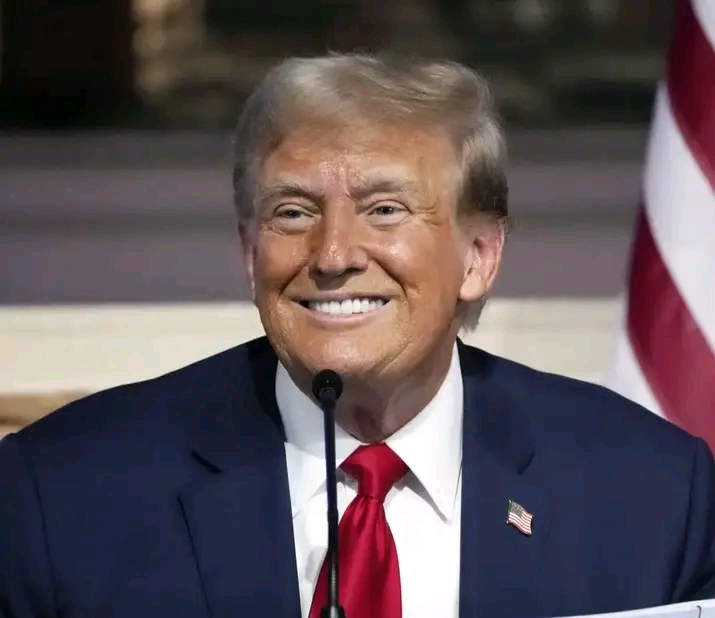By Ollus Ndomu | Political Desk
U.S. President Donald Trump has once again suggested he may seek a third term in office, despite the constitutional two-term limit. In a call with NBC News, Trump stated, “I’m not joking,” when asked about the possibility, fueling speculation about how he might attempt to extend his presidency beyond 2028.
The 22nd Amendment of the U.S. Constitution prohibits any president from serving more than two terms, making such a move legally improbable without a constitutional amendment—a process requiring overwhelming support from Congress and the states. However, Trump’s remarks suggest he and his allies may be considering ways to challenge or reinterpret the restriction.
Trump’s second term has been defined by sweeping executive actions, including an unprecedented collaboration with billionaire Elon Musk to modernize key government sectors. As his administration pushes forward with aggressive deregulation and policy shifts, some of his staunchest supporters are calling for continuity beyond 2028.
Legal scholars have dismissed the notion as a constitutional impossibility. “The 22nd Amendment is ironclad. Any attempt to override it would trigger an immediate legal and political firestorm,” said constitutional law expert Laurence Tribe.
Despite this, Trump’s repeated allusions to a third term have energized his base, with some Republican lawmakers echoing calls to explore legal avenues for an extension. Critics, however, warn that such rhetoric undermines democratic norms and sets a dangerous precedent.
As the political landscape intensifies ahead of the midterms, Trump’s third-term speculation is expected to remain a divisive issue, further deepening the partisan divide in Washington.


